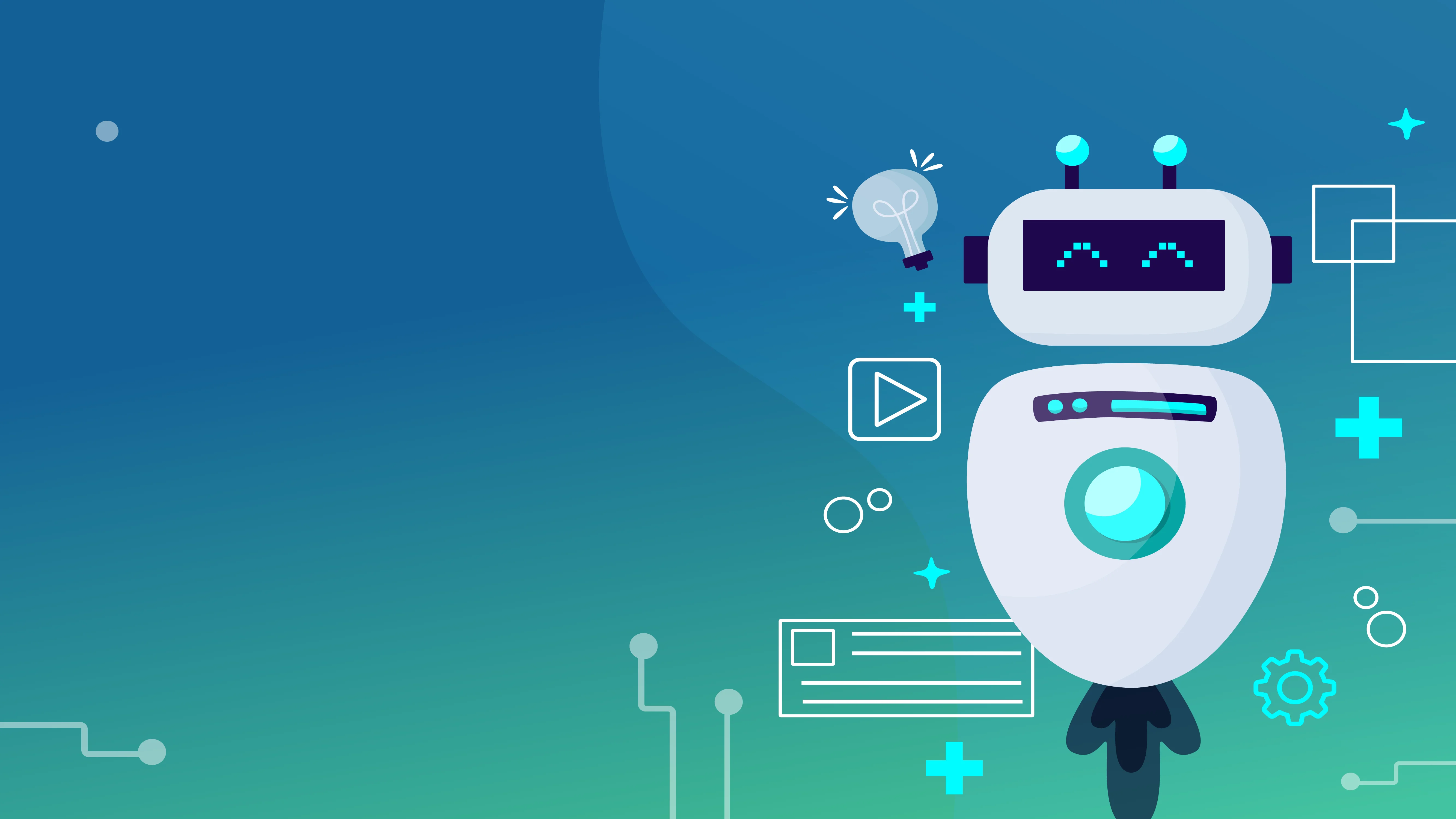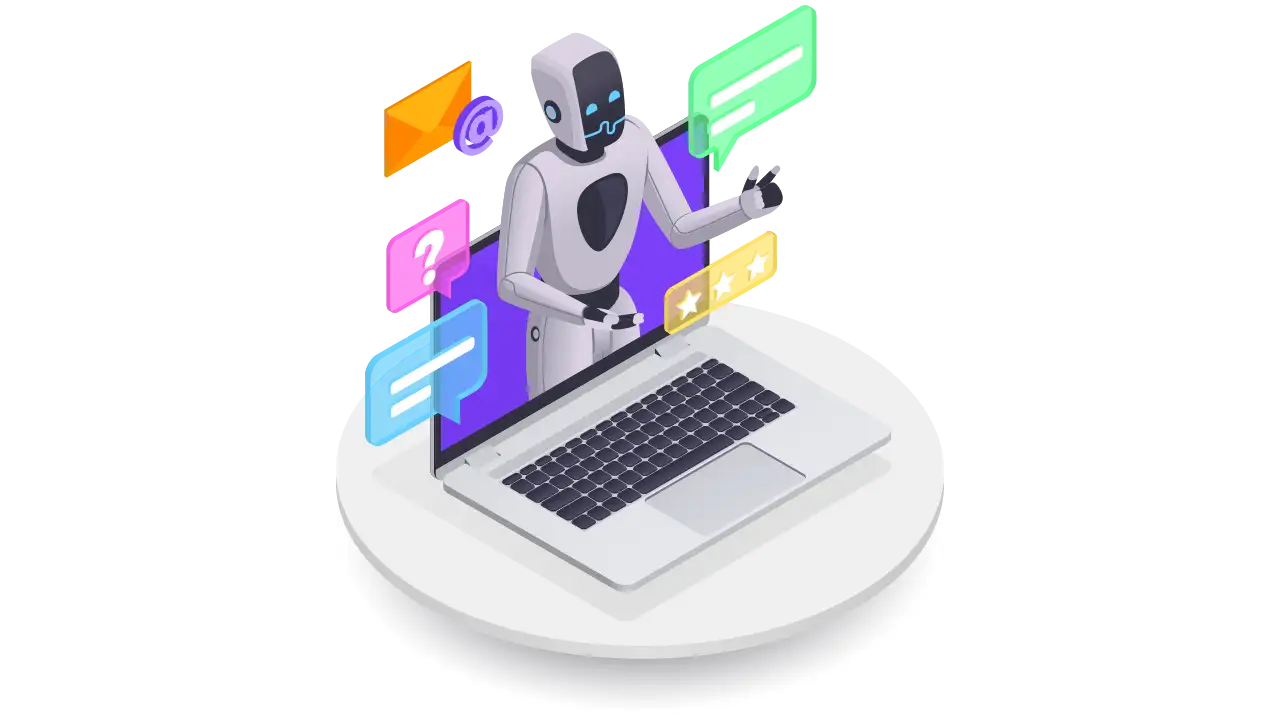


Artificial intelligence (AI) is rapidly transforming the job market, impacting both full-time employees and contingent workers like part-time and gig workers. This article explores the implications of AI for job seekers and companies, highlighting the opportunities and challenges presented by this technological shift.
Challenges for Job Seekers
Also Read : Evolving Work, End of Jobs: Rethinking HR Strategy for the Future
AI is transforming the job market, presenting both opportunities and challenges for job seekers and companies. By understanding the implications of AI and taking proactive steps to adapt, individuals and organizations can thrive in this rapidly evolving landscape.
Artificial intelligence (AI) is reshaping the job market, offering both opportunities and challenges. As AI continues to advance, it's crucial for professionals to adapt and thrive
in this evolving landscape. This article explores key trends, career implications, and strategies for success. From skill development and lifelong learning to ethical considerations and AI integration, this guide provides valuable insights for individuals and companies alike.
#AI #ArtificialIntelligence #FutureOfWork #CareerDevelopment #DigitalTransformation #Technology #Innovation #Skills #LifelongLearning #RemoteWork #GigEconomy #Automation #EthicalAI

Organizations operating in distributed, high-volume, or high-variability environments, such as HR shared services...

As the digital landscape evolves, data-powered organizations are gaining a competitive edge. Data has become the new currency...

The world of work is evolving at an unprecedented pace, and outplacement and workforce transition consulting...

The workplace is rapidly evolving at an unprecedented pace. As organizations navigate a landscape increasingly influenced by artificial intelligence...

Artificial Intelligence (AI) isn’t just some sci-fi fantasy anymore—it’s really changing the way companies work today...

In today’s fast-paced business world, People Analytics is reshaping the way organizations attract, engage, and retain talent...